Affordable housing for people with I/DD is in low supply. Learn what ALSO is doing to make a difference.
Affordable housing for people with I/DD is in low supply. Learn what ALSO is doing to make a difference.
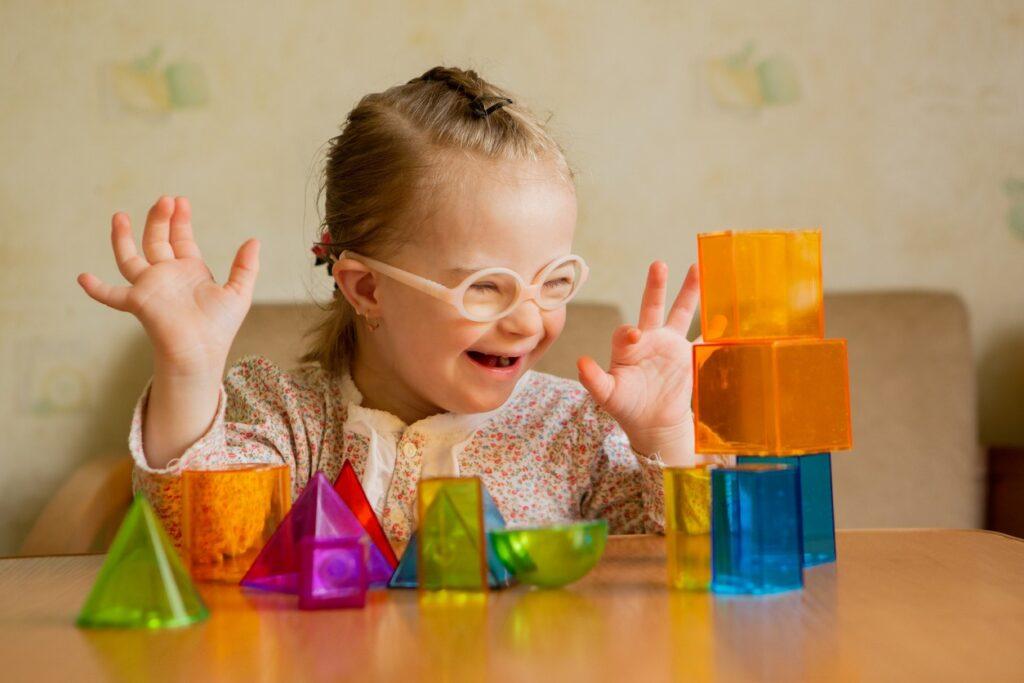
We all love to play, right? But did you know that play is so important to the development of a young child that many experts consider it the real work of childhood? In this article, the team at ALSO describes a specific type of play called sensory play, and how it’s particularly beneficial for children who are living with developmental and intellectual disabilities.
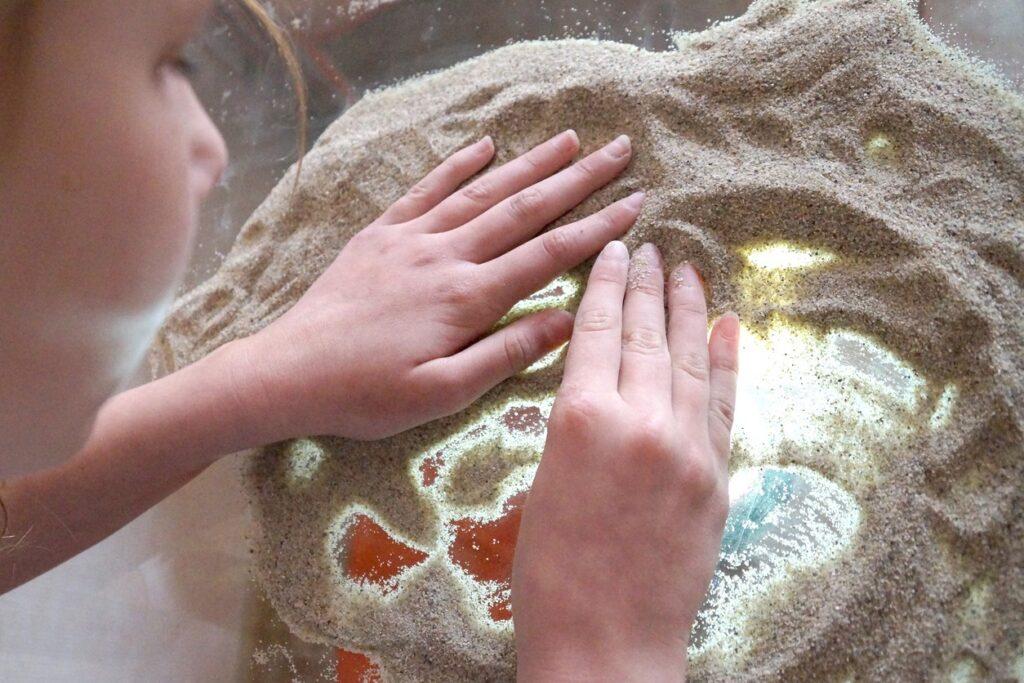
Sensory play involves many senses: vision, hearing, taste, smell, and touch. It also includes the movement senses, proprioceptive and vestibular, and the “internal” or interoceptive sense. Sensory play stimulates neural connections in the brain that integrate with the sensory system.
The optimum sensory environment offers fun activities that incorporate the following:
Exciting sensory experiences even include different tastes! Think herb gardens, or fruits and vegetables. In fact, sensory diets are a key aspect of weaving in sensory play throughout a child’s daily routine to help meet needs and teach skills in regular and predictable doses. These are well thought out and person specific—an example of one of the many ways that sensory play is vital to developing children and accounts for individual needs.
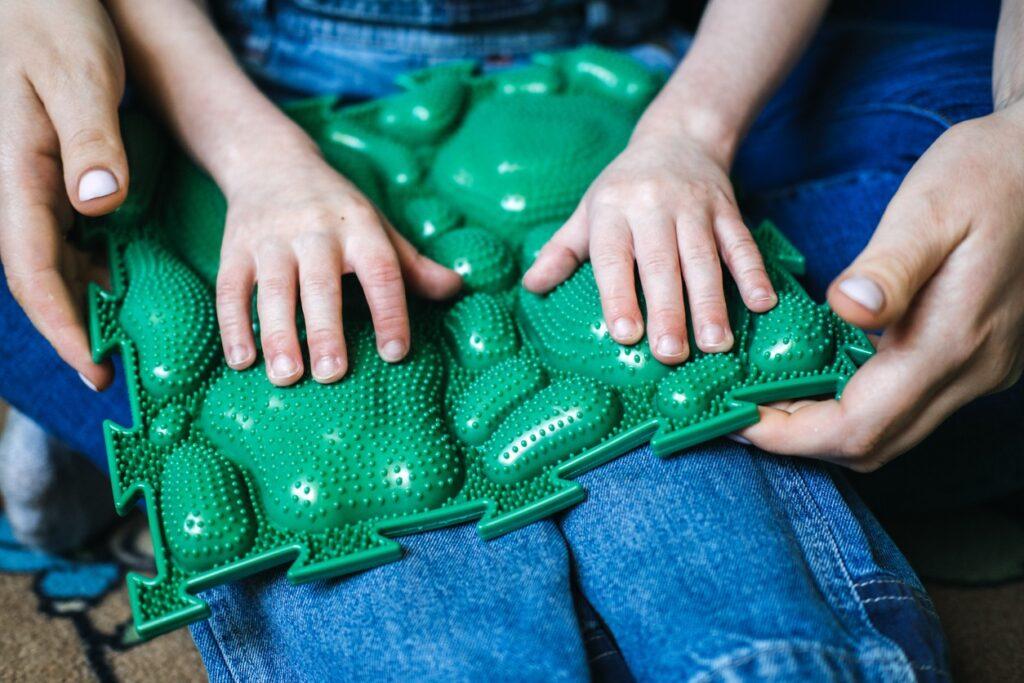
Although sensory stimulation during playtime is important for all children, it’s particularly critical for those with disabilities. Kids who are living with disabilities such as autism spectrum disorder or cerebral palsy experience more barriers to enjoyable and fulfilling sensory activities. Often, they need more practice before their bodies, minds, and neural pathways can fully benefit.
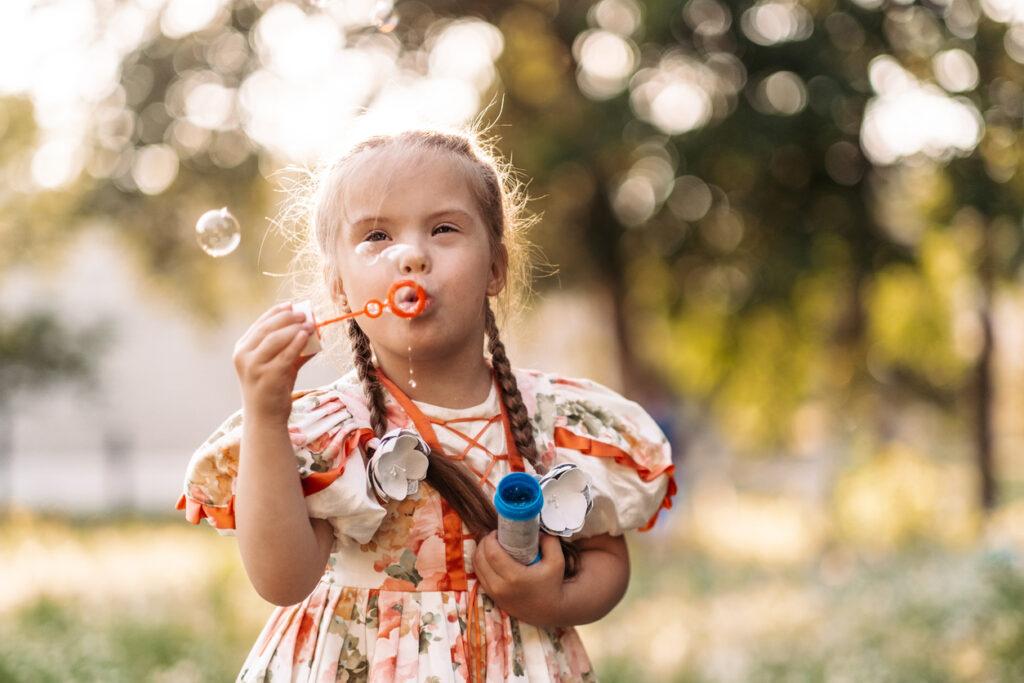
When activities are more enjoyable, we do them more often. By the way, this is true for adults, too! Varied sensory stimuli offer different ways to learn about the environment, ourselves, and about others. The result? A solid foundation for emotional, physical, social, and cognitive development. Let’s take a look at some details about how different forms of sensory information help our kids.
A variety of sensory experiences stimulate curiosity and exploration. By working with different textures and shapes, for example, kids learn about similarities and differences. Fun activities that require tasks such as matching and fitting pieces together stimulate the parts of the brain responsible for attention and memory. With progressively complex types of exploration, kids sharpen problem-solving skills. Sensory input also spurs imaginative play, which assists in abstract thinking and academic achievement.
Strategically designed sensory activities improve fine motor skills, such as hand-writing and self-feeding. Gross motor skills include running, maintaining balance, and navigating stairs. Hand-eye coordination is a great example of how the brain uses visual stimuli to move a body part to where it needs to be to complete a task.
Sensory processing disorders are often diagnosed when a young child becomes particularly overwhelmed by various sensory stimuli such as bright lights, slippery textures, or loud noises. Sensory tables are extremely helpful for kids with sensory issues because they allow them to experience different objects in an organized fashion on their own terms.
So, what do young children do when their sensory play activities help them make new discoveries? Well, they talk about it!
As kids excitedly share experiences with teachers, caregivers, and peers, they practice communication skills. This is a sure-fire pathway to more advanced language development, reading skills, and fluency.
The improvements in language skills have an extremely positive impact on social skills. Kids learn to take turns, to be empathetic and learn about the likes and dislikes of others. These experiences help kids to practice positive social interactions before they get into the world of adolescence, employment, and adulthood.
CHECK IT OUT: How innovative accessible playgrounds and playground equipment that promotes community inclusion of young people with disabilities.
Social interaction, cognition, communication skills, sensory integration…all of these abilities coalesce, leading to positive emotional development. We learn what calms us as well as what makes us anxious. In addition, we learn about collaborating with others for work, recreation, and community activities.
The experiences we describe inform children about their strengths, challenges and how they can positively fit into the world in which we live. This results in self-awareness and self-esteem. At ALSO, this is what we all work for. It’s so exciting to see children grow and develop into confident adults!
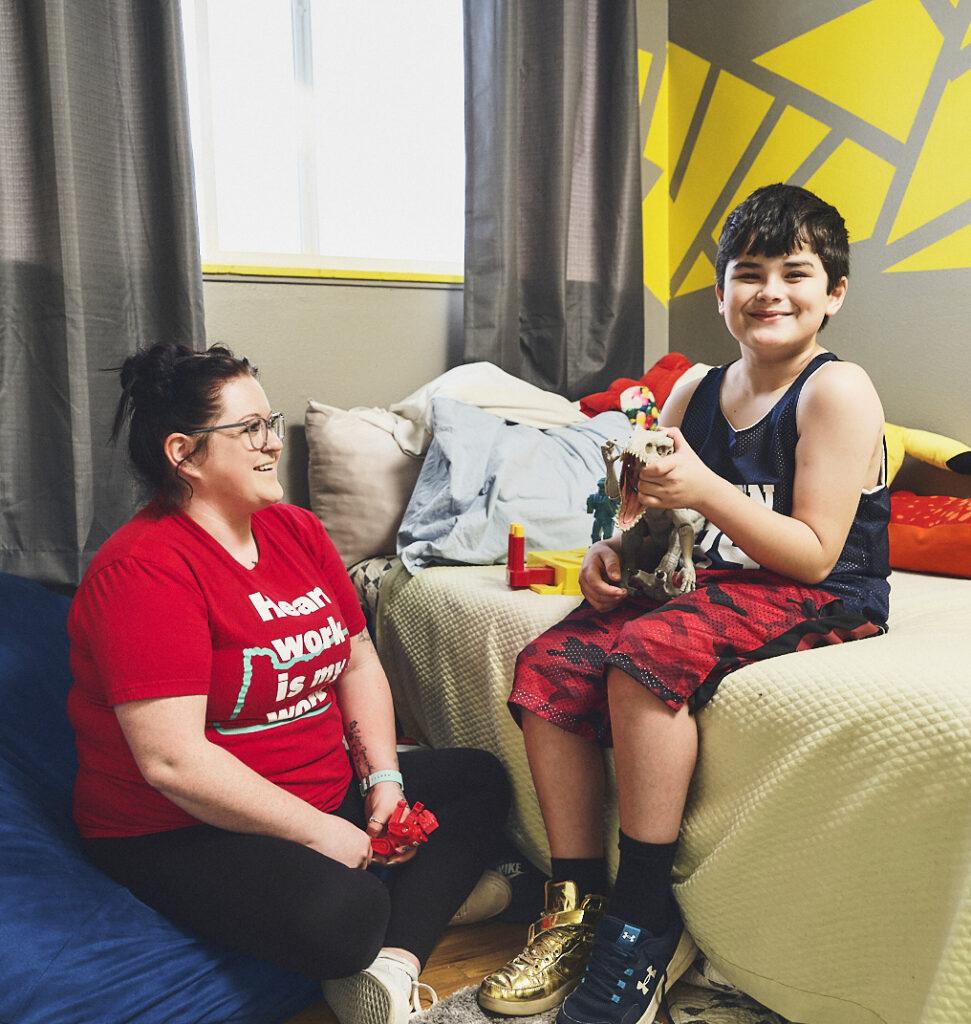
At ALSO, we actively incorporate sensory play into children’s support services. The sensory play activities we have described help children to do the work of childhood that facilitates fuller, more productive, and happier lives as adults.
This is why we are working to acquire funds for sensory rooms, tools, and equipment as a part of the supports that align with residential and housing services. The ALSO Team would be honored and grateful for any donations you may be able to offer to help enrich the lives of the children we support.

Sign up for our newsletter to get our latest news, content, and job opportunities.
Help us ensure that everyone has the same opportunities in their home, workplace and community. Let’s make dreams!
